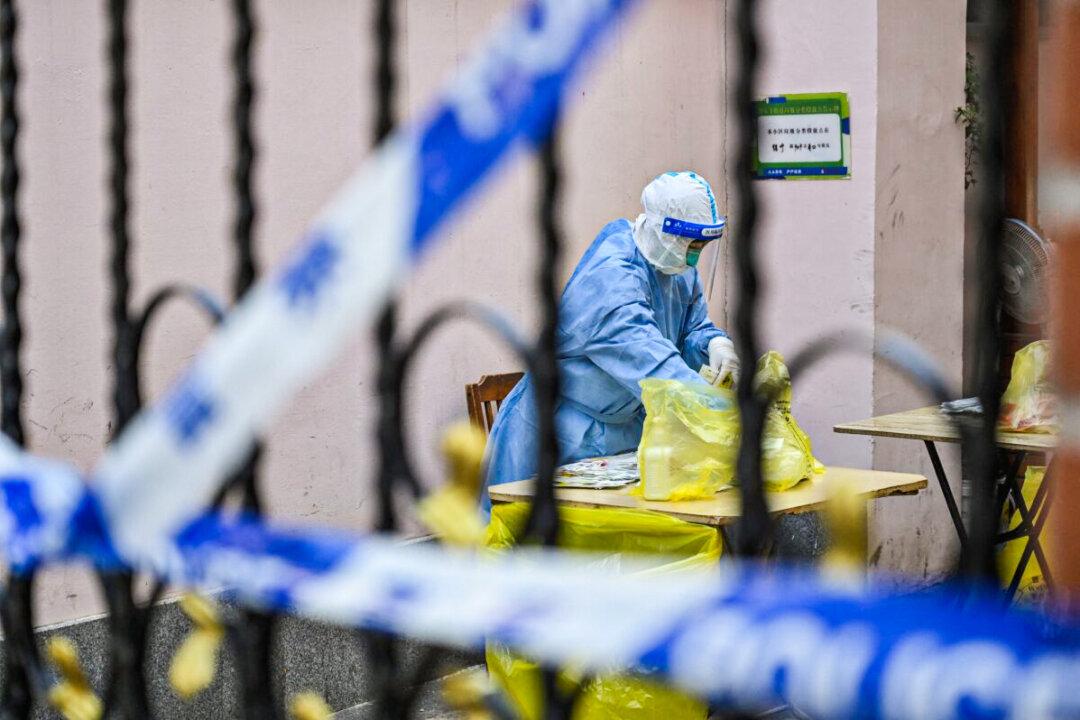For many living in Shanghai, the city’s tough quarantine measures are proving unbearable as they struggle to cope with life without enough basic necessities, such as food and medication.
Wan Wenying, 56, a resident of Shanghai’s Baoshan district, told The Epoch Times on March 29 that she was short on food after local officials refused to help her.





